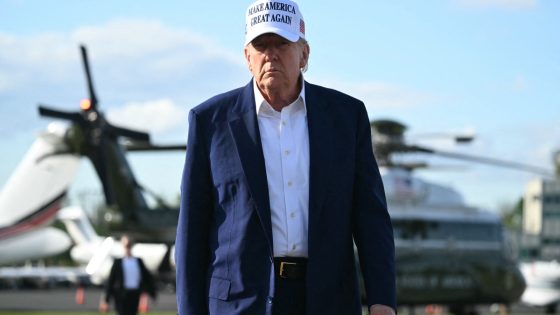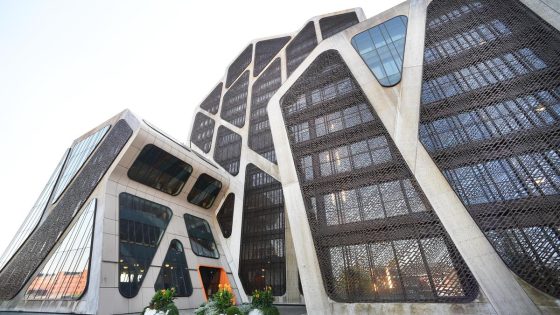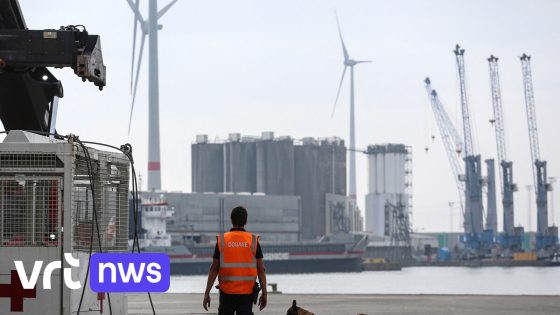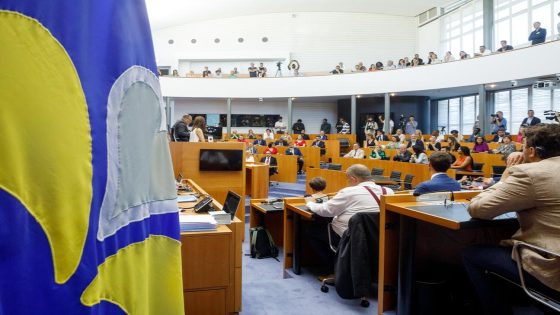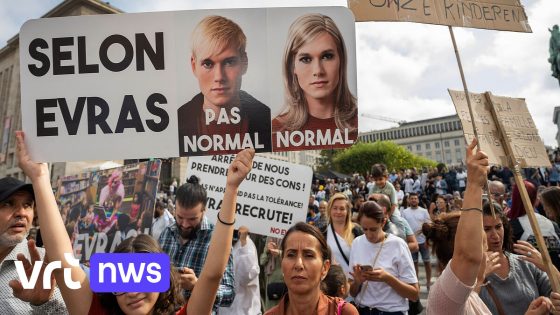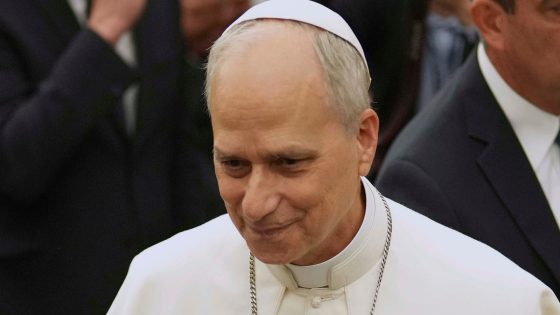President Donald Trump is making headlines with his recent clemency spree, issuing four pardons to white-collar criminals this week. This action raises questions about the implications of presidential power and its potential for reform.
- Trump issues pardons to white-collar criminals.
- Ed Martin tweets support for Trump’s pardons.
- Presidential pardon power is broad and controversial.
- Giro d’Italia features rising star Isaac del Toro.
- Del Toro could become youngest winner ever.
Among those pardoned are individuals with ties to Trump’s administration, sparking debates on legality and ethics. On May 29, 2025, Trump’s pardon attorney, Ed Martin, tweeted, “No MAGA left behind,” highlighting the administration’s ongoing influence.
Is this a misuse of power or a legal exercise of presidential authority? While the presidential pardon power is broad, it has faced scrutiny throughout history. Reforming this power may prove challenging, but it is a conversation worth having.
This situation prompts US to consider the broader implications of clemency powers. Are these pardons merely political favors, or do they serve a greater purpose in justice reform? Key points include:
- Trump’s pardons are controversial but legal under presidential powers.
- Calls for reform highlight concerns about transparency and fairness.
- The public’s trust in the justice system may be eroded by perceived favoritism.
As we look ahead, it’s vital for citizens to engage in conversations about the future of clemency and its role in our legal system.



